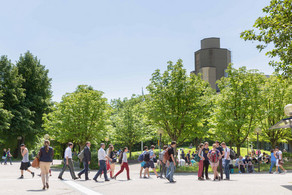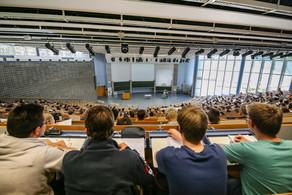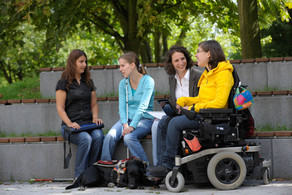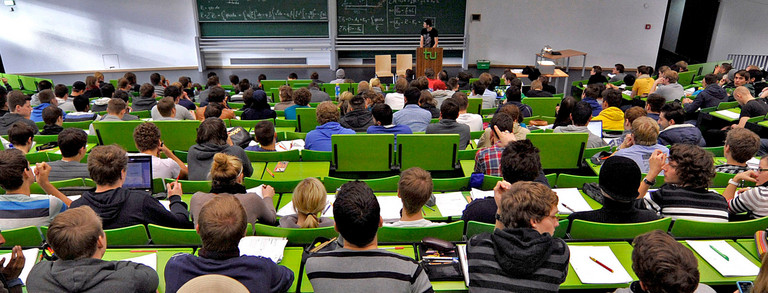Contribution of the department at an interdisciplinary conference on vocational training for people with disabilities
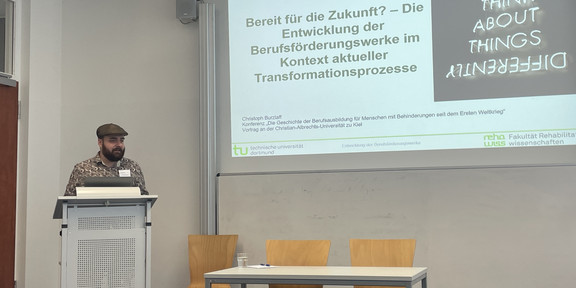
Under the title "Ready for the future? - The development of vocational training centers in the context of current transformation processes", Christoph Burzlaff presented his findings on the development of vocational rehabilitation measures in vocational training centers at the Christian-Albrechts-Universität zu Kiel at the end of September. The paper focused specifically on the institutional management of comprehensive transformation processes in these institutions, discussing the state of research from the 1950s onwards in Germany. The results show that, for the past eight decades, vocational training centers have been caught between the conflicting priorities of socio-political, economic and institutional change processes, which the institutions have countered with comprehensive structural adjustments. Particularly against the backdrop of an increase in transformation processes with regard to the theoretical construct of the polycrisis, it is nevertheless clear that the past decade has been associated with particular challenges for vocational training centres (digitalization, Covid-19 pandemic, labour market developments).
The different perspectives of the other participants also highlighted historical (dis)continuities from the Weimar Republic to the post-war period and the current status quo of vocational rehabilitation and vocational training for people with disabilities. This was linked to fruitful discussions in an interdisciplinary format, whereby both historical and rehabilitation/educational science perspectives could be discussed within a European framework. Many thanks to Erik Kömpe and Prof. Dr. Gabriele Lingelbach for the invitation to this stimulating exchange between different professions, which could lead to a more in-depth discussion in the future.

